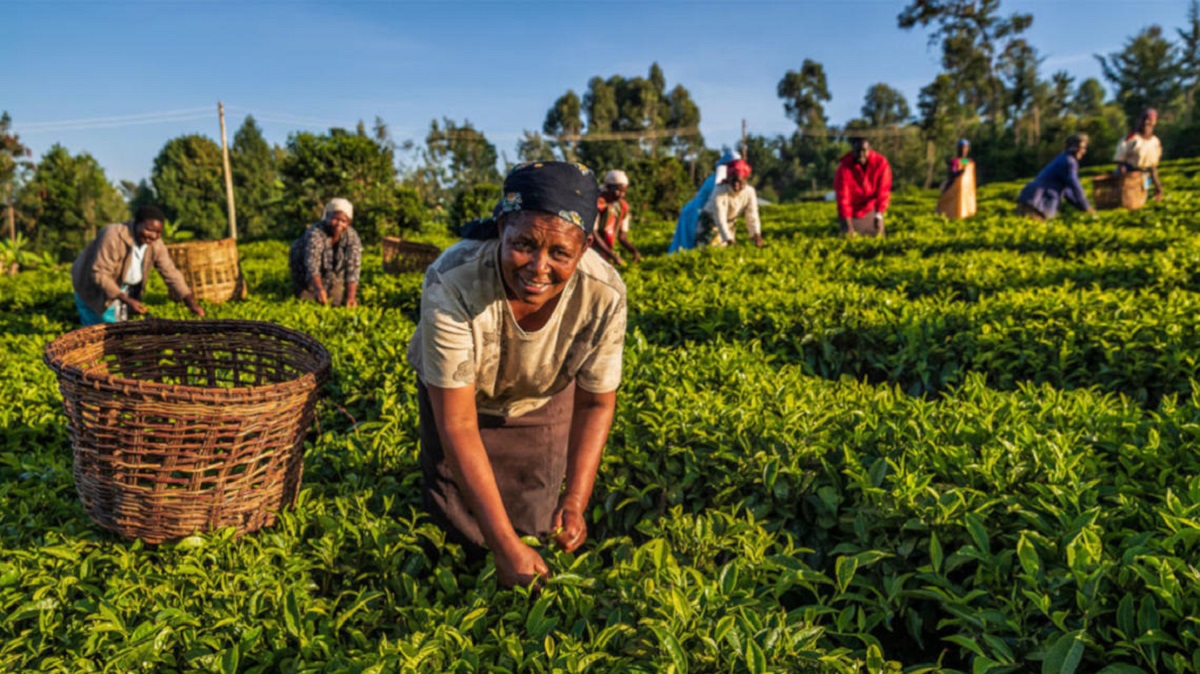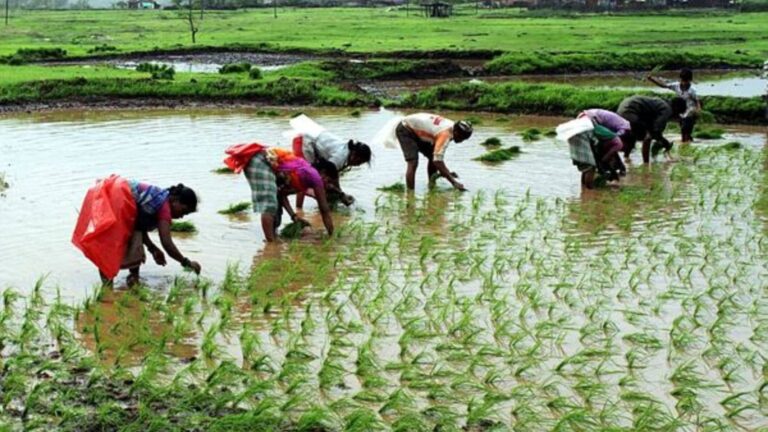
As India embarks on the journey towards Amrit Kaal, the agricultural sector faces a complex array of challenges. Transitioning from traditional models has proven difficult, and policymakers have struggled to secure dignified livelihoods for farmers. A combination of factors, some beyond control, compounds these difficulties.
The Impact of Climate Change
The first significant challenge is the irreversible climate change affecting the agricultural landscape. Erratic weather patterns and extreme climatic events are already disrupting crop production and threatening farmer livelihoods.
Trade Inequities and Policy Challenges
The World Trade Organisation (WTO) presents another hurdle. The dispute-settlement mechanism has been deliberately stalled by major players like the US. When it does function, Indian politicians may struggle to navigate its rulings domestically, adding to the sector’s woes.
Fragmented Land Holdings
Small land holdings dominate Indian agriculture, with 85 percent of total arable land divided among numerous small farmers. This fragmentation fundamentally limits the potential for primary producers to achieve a dignified livelihood.
Pressure on Farm-Gate Prices
Global priorities to maintain low food prices for consumers often result in artificially low farm-gate prices. This practice makes farming economically unviable and environmentally unsustainable, further straining the sector.
Water Scarcity
The demand for water in agriculture is depleting aquifers at an alarming rate. In key food-producing regions, it may soon become economically unfeasible to extract water for irrigation. Drinking water is also becoming a monetized commodity in many parts of the country.
Areas for Action
Despite these limitations, certain areas can still be addressed through determined action. However, significant effort and political will are required to bring about meaningful change.
Investing in Agricultural Research
Investments in agricultural research and extension services have not kept pace with inflation, effectively decreasing over time. Yet, every rupee invested in agricultural research can yield economic returns up to ten times higher than other investments.
Reforming Agricultural Markets
Agricultural markets are inherently unfair, and their unintended consequences remain unaddressed. States often prioritize populist measures over long-term investments, distributing cereals at low prices through the public distribution system. This practice drives down farm-gate prices, making farming an unattractive profession.
Addressing Input Subsidies
Skewed input subsidies, such as those for fertilizers, lead to their overuse, adversely affecting both human health and the environment. Reforming these subsidies is crucial for sustainable agricultural practices.
Managing Public Debt
Public debt at both central and state levels limits financial flexibility, hindering long-term planning and the ability to provide endless subsidies. Several states are on the brink of technical bankruptcy, underscoring the need for a sovereign bankruptcy procedure for states.
Governance and Accountability
Governance issues and a lack of accountability in agricultural ministries are not solely due to incompetence but are exacerbated by the attitude of those in power. Leaders often believe their authority equates to having all the answers, which hampers effective management and policy implementation.
The Path Forward: Inclusive Growth
The key challenge lies not just in improving agricultural productivity but ensuring that productivity gains are sustainable and broadly shared. Inclusive growth is essential for the sector’s long-term viability.
Each day of government inaction and each policy misstep further narrows the range of available options. Meaningful change requires more than superficial adjustments; it demands a fundamental shift in policy-making processes. The steps taken by the prime minister today will be crucial in shaping the future of India’s agricultural sector. Without substantial changes, the sector risks chasing elusive goals and facing enduring nightmares.






